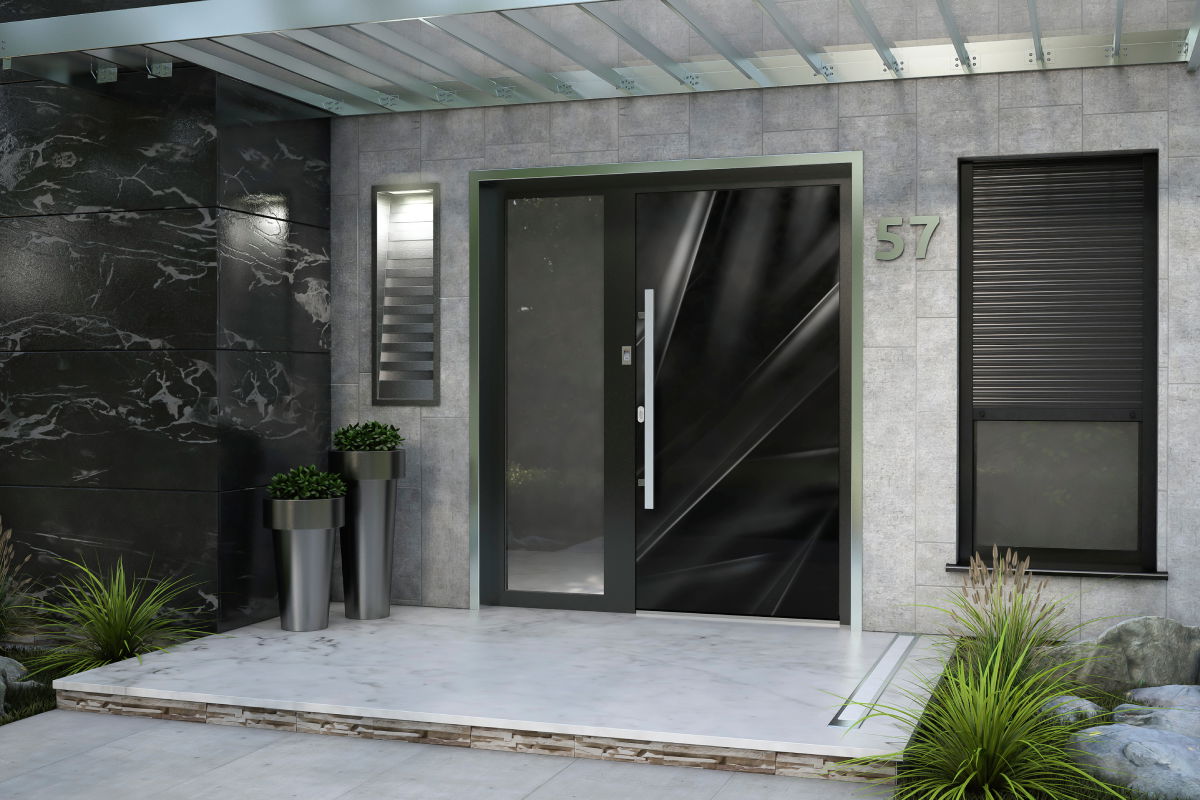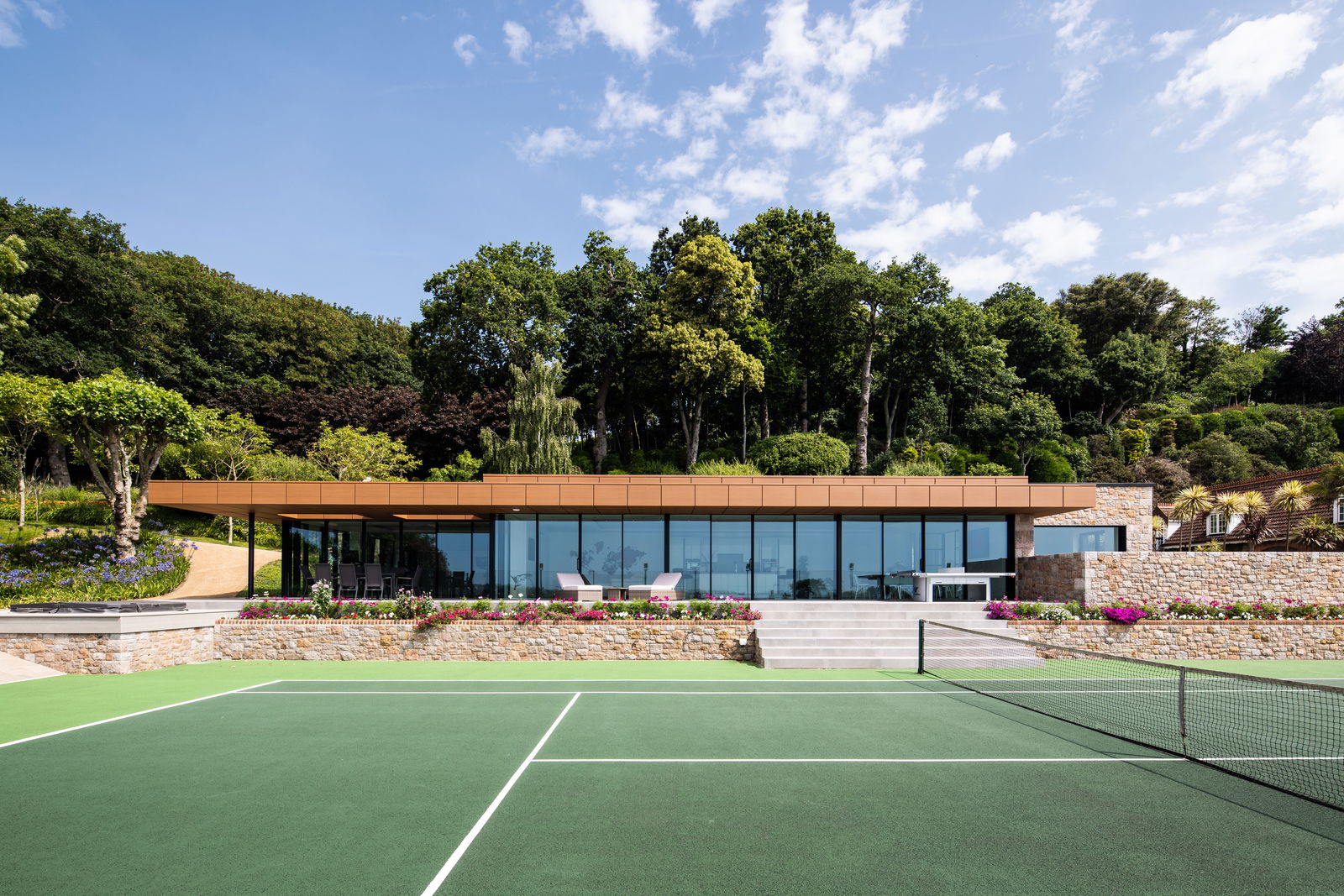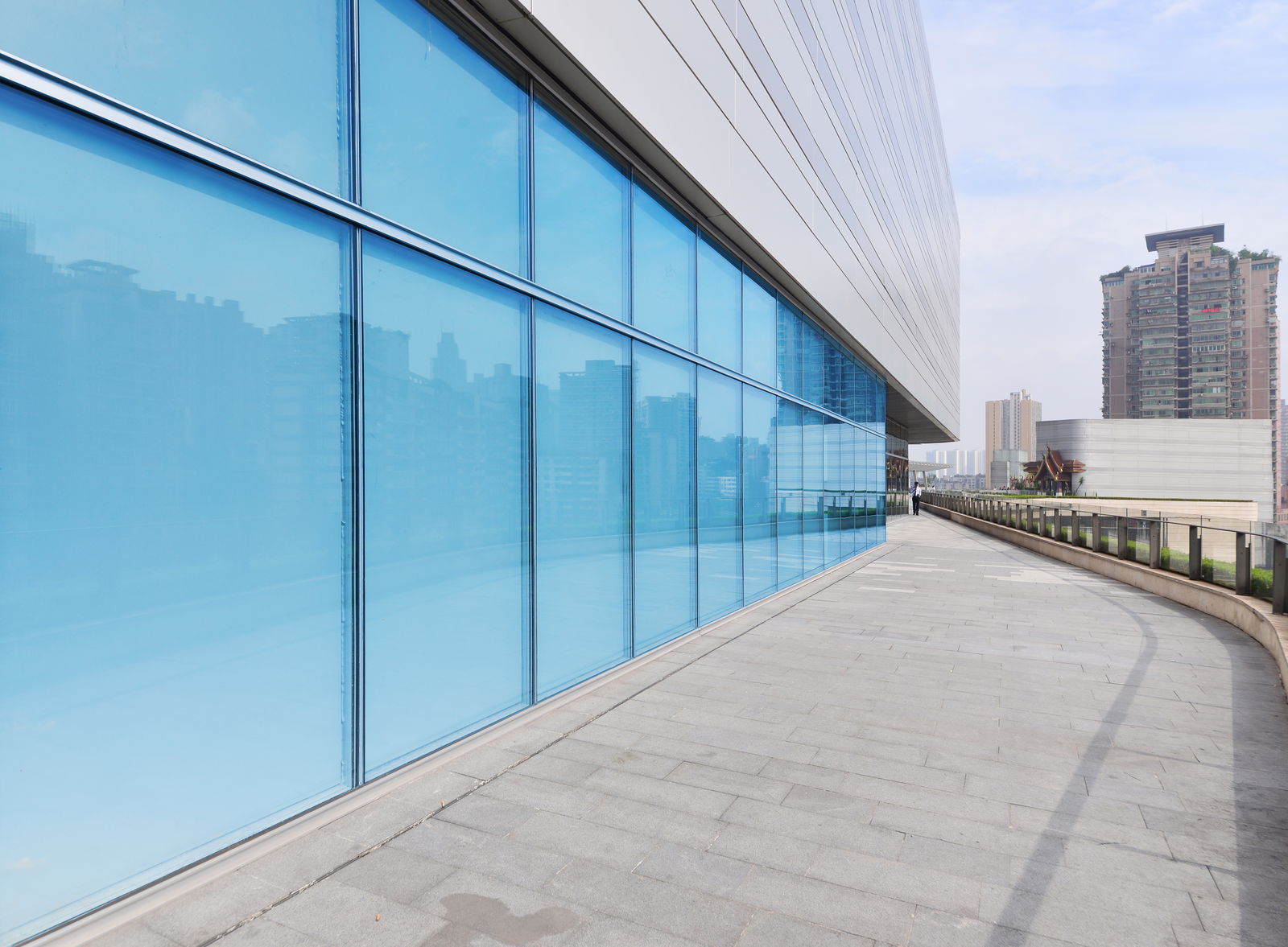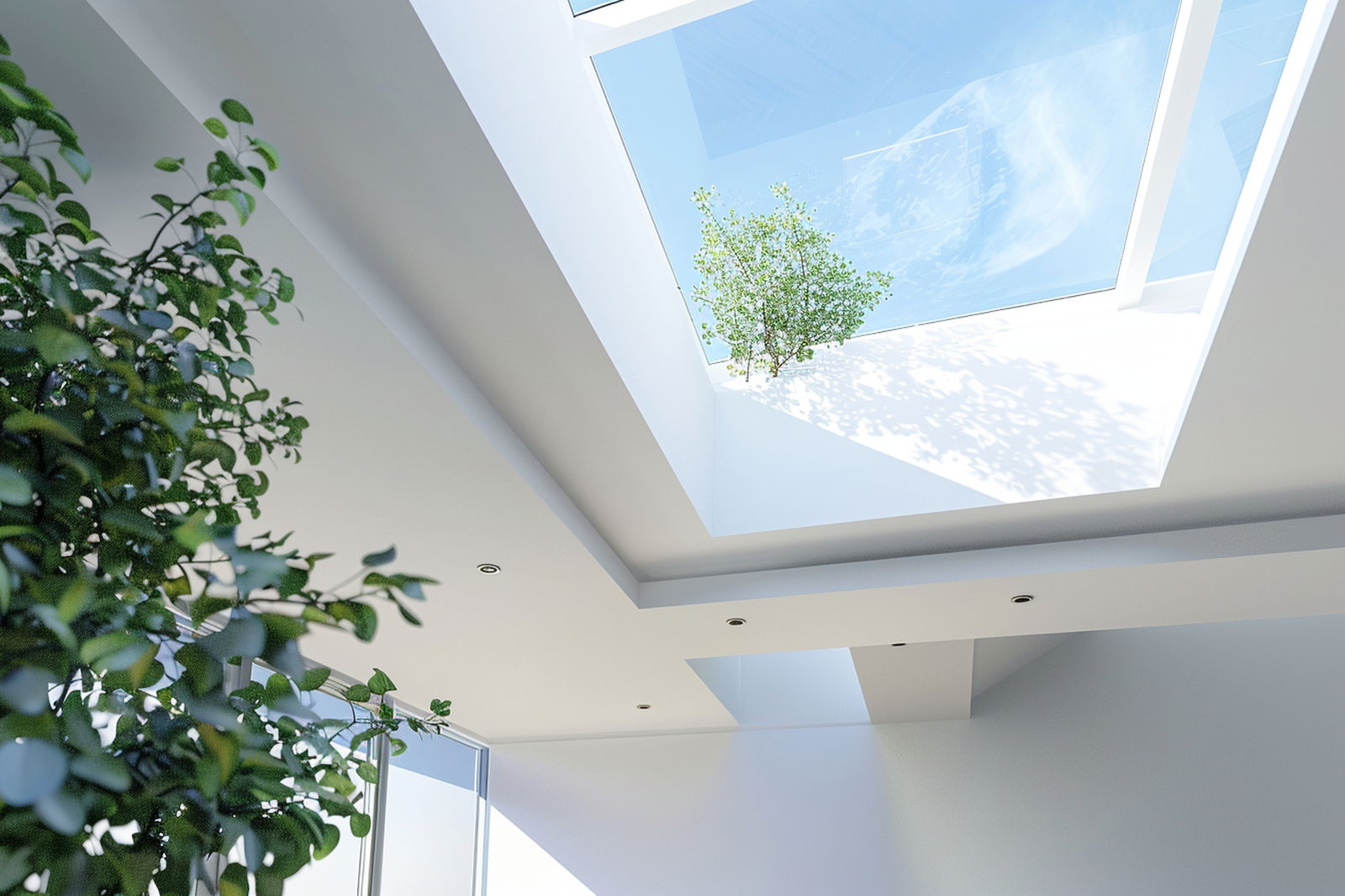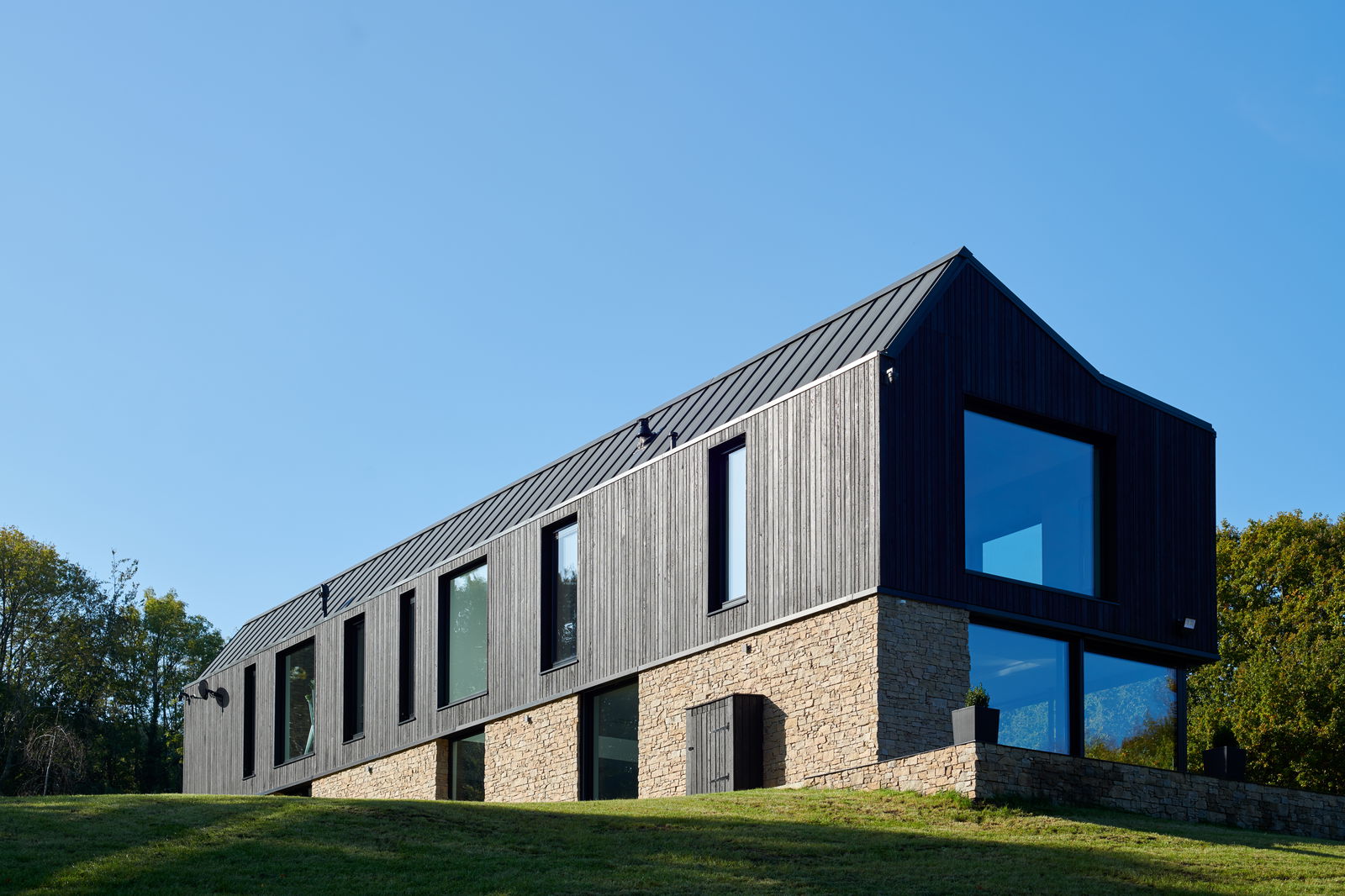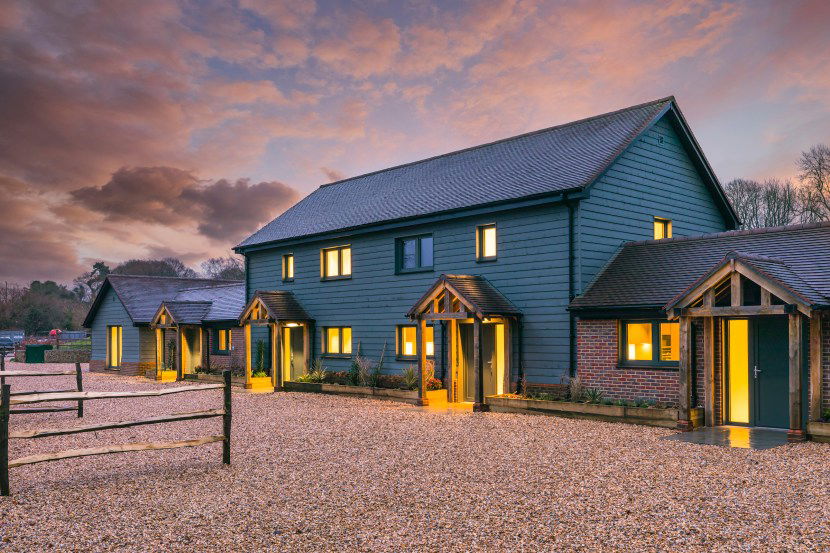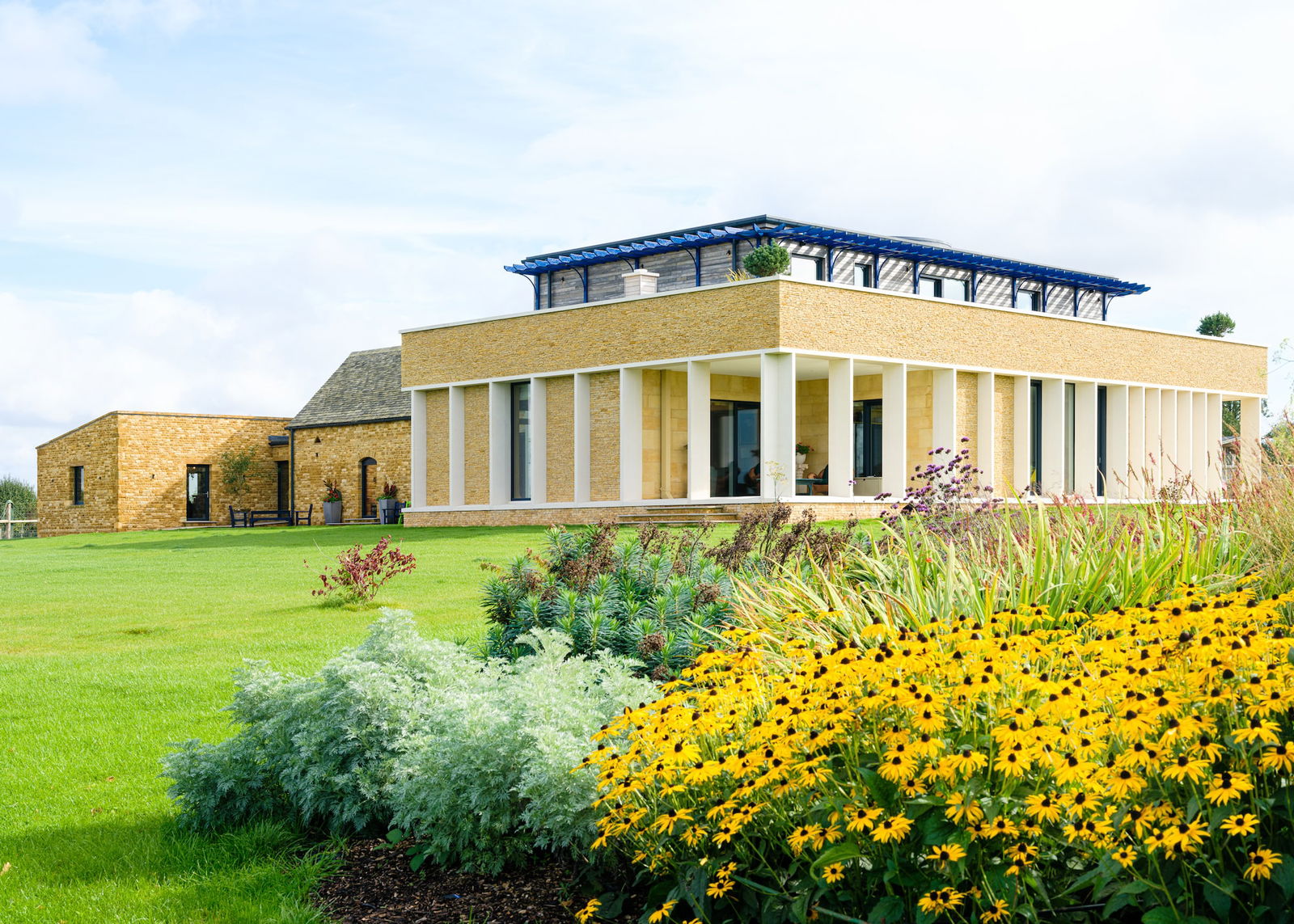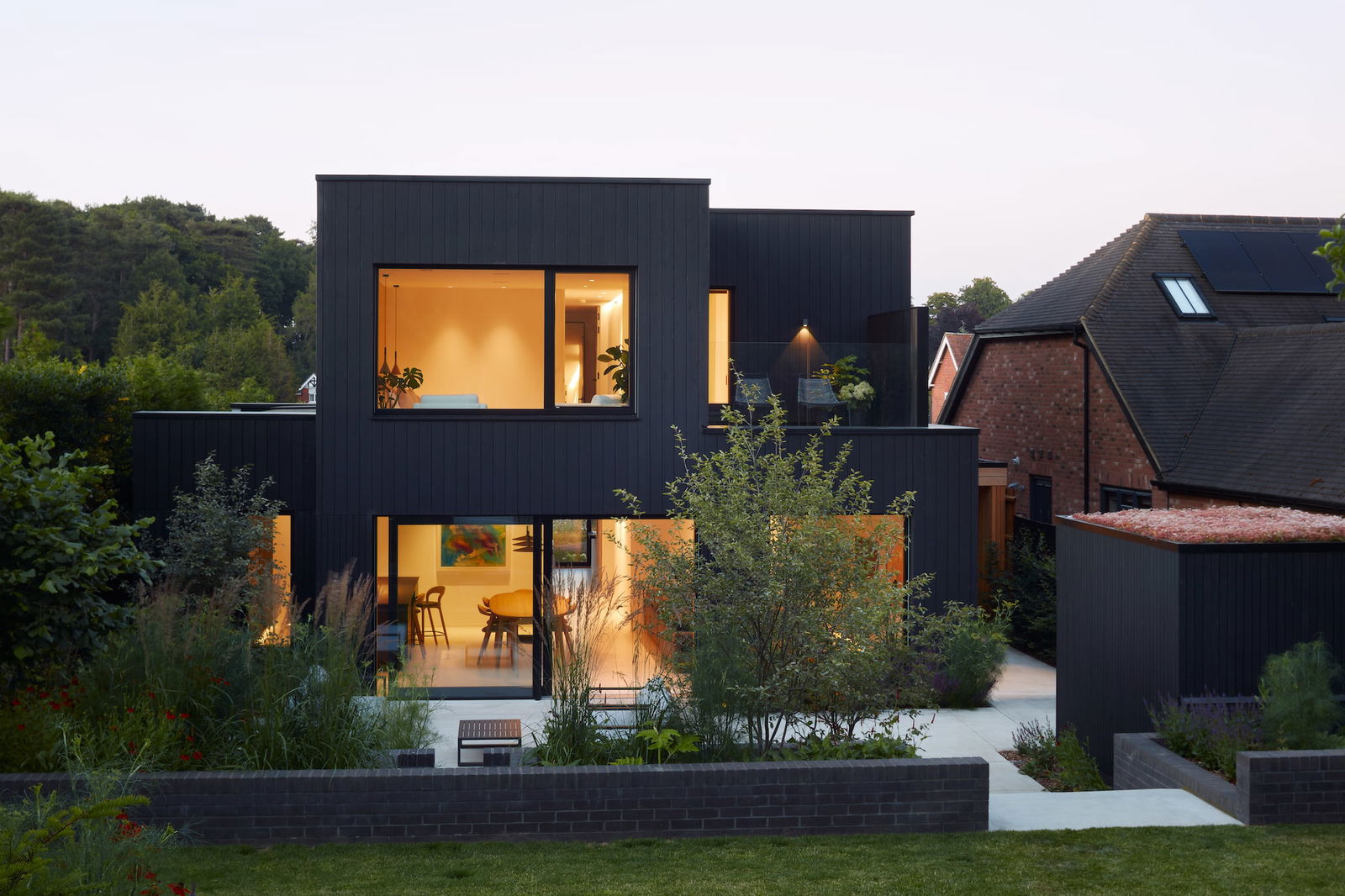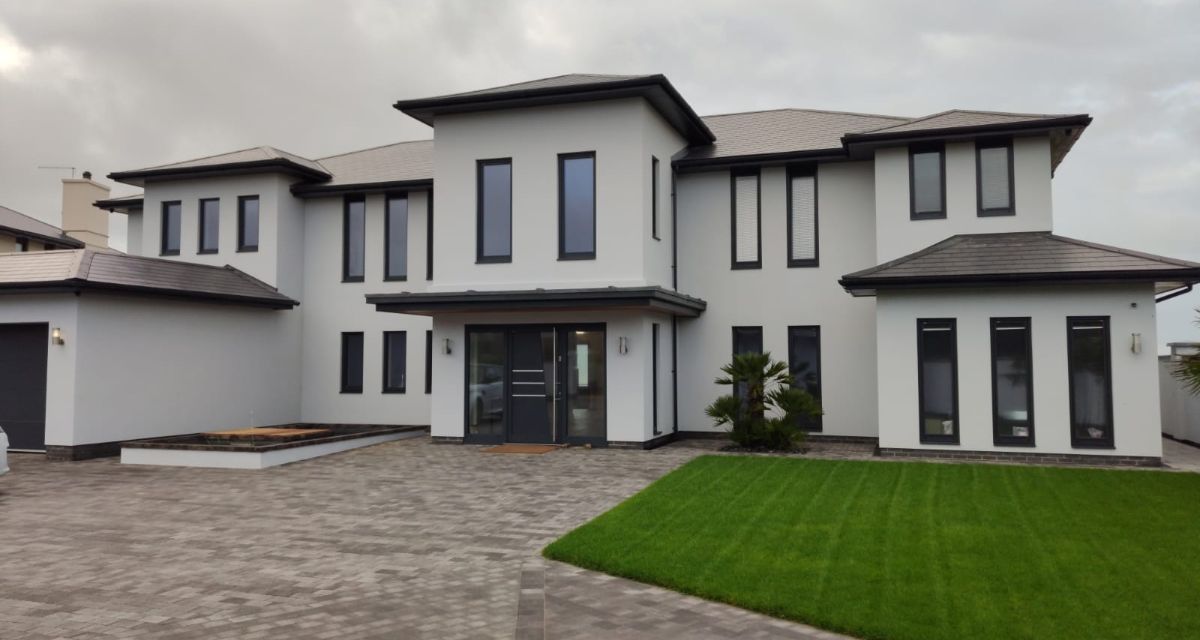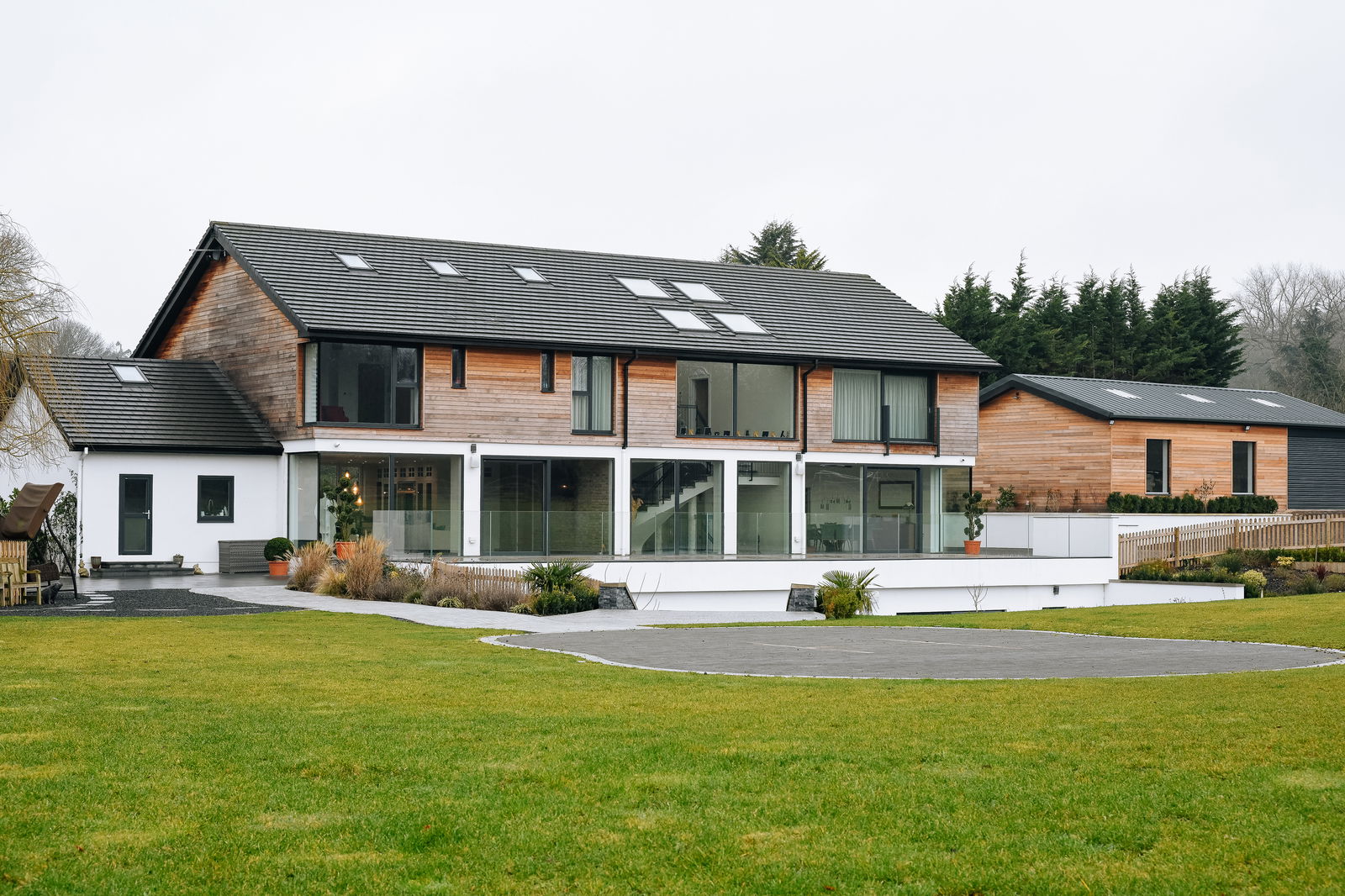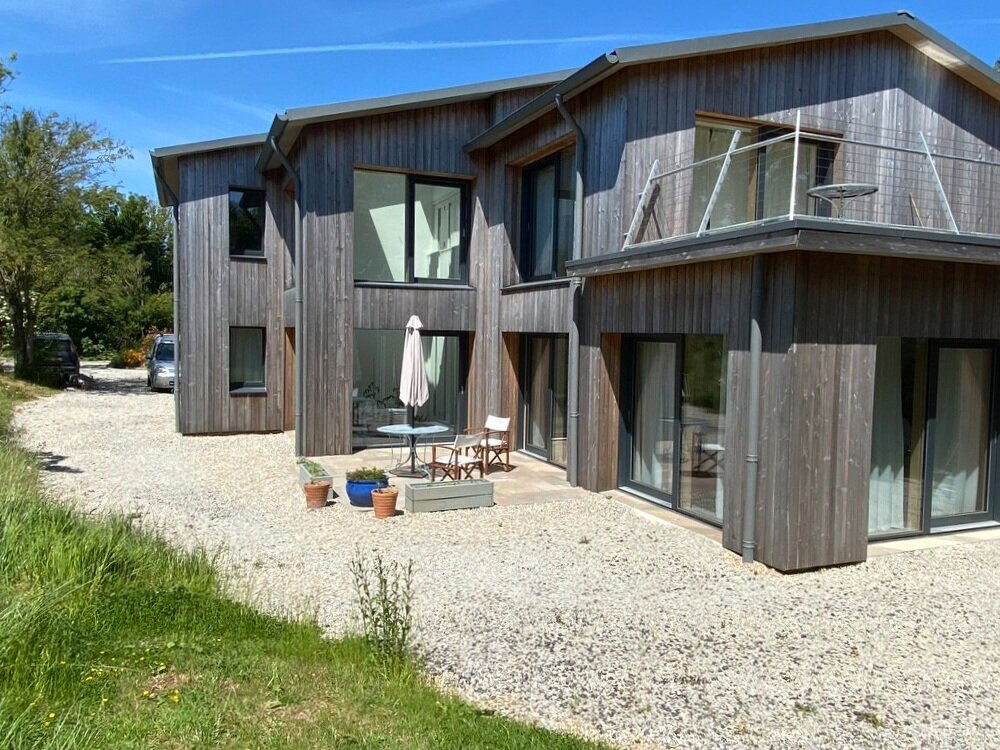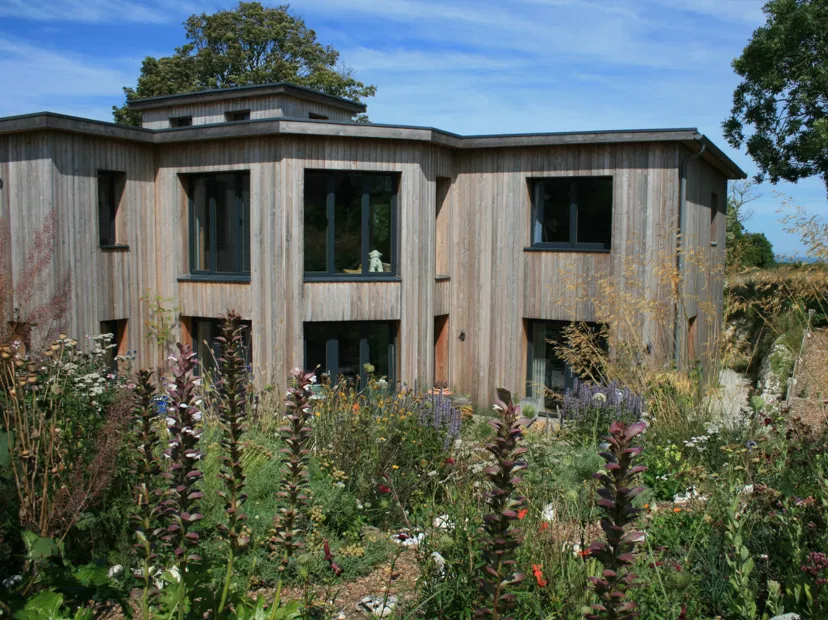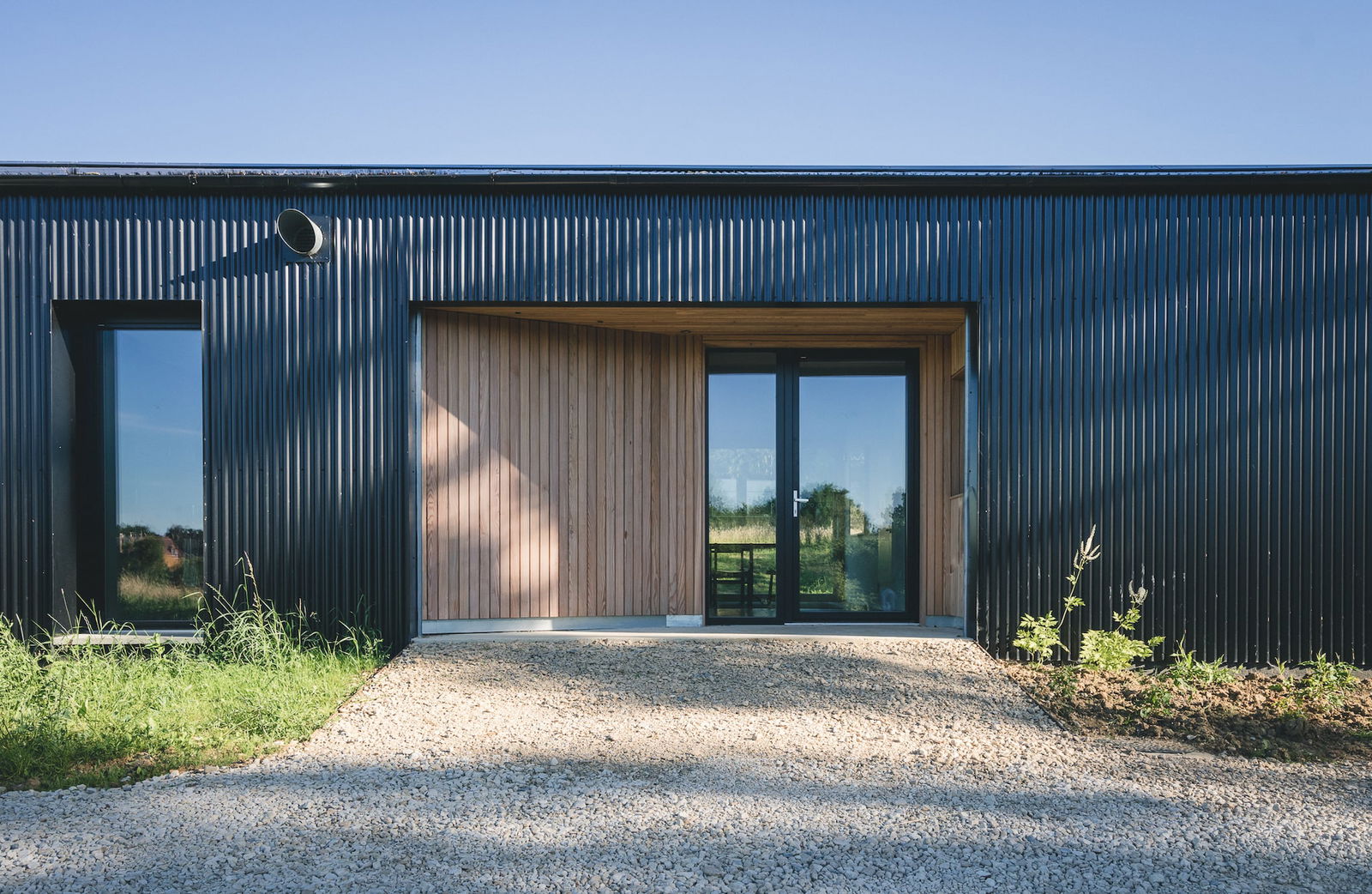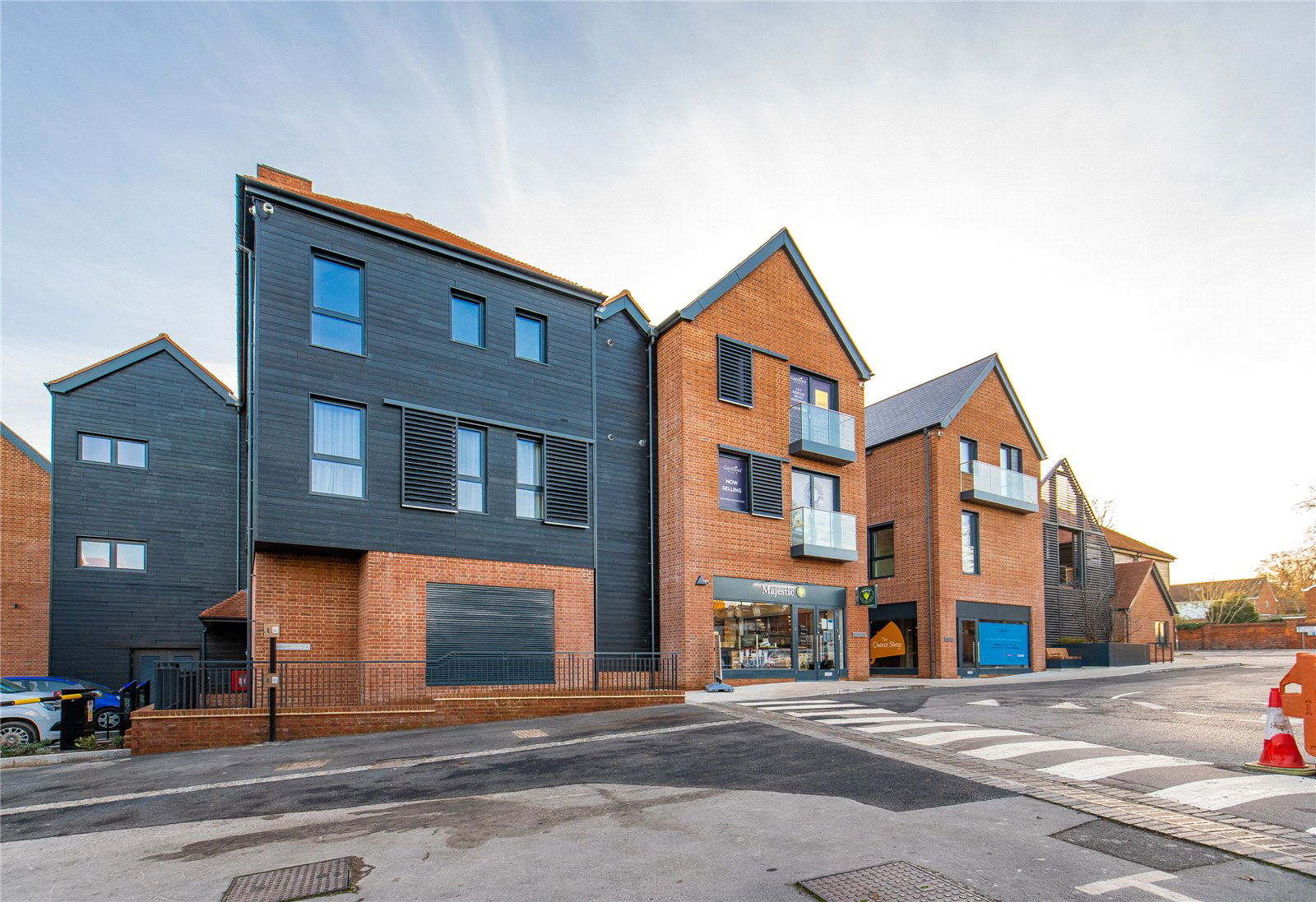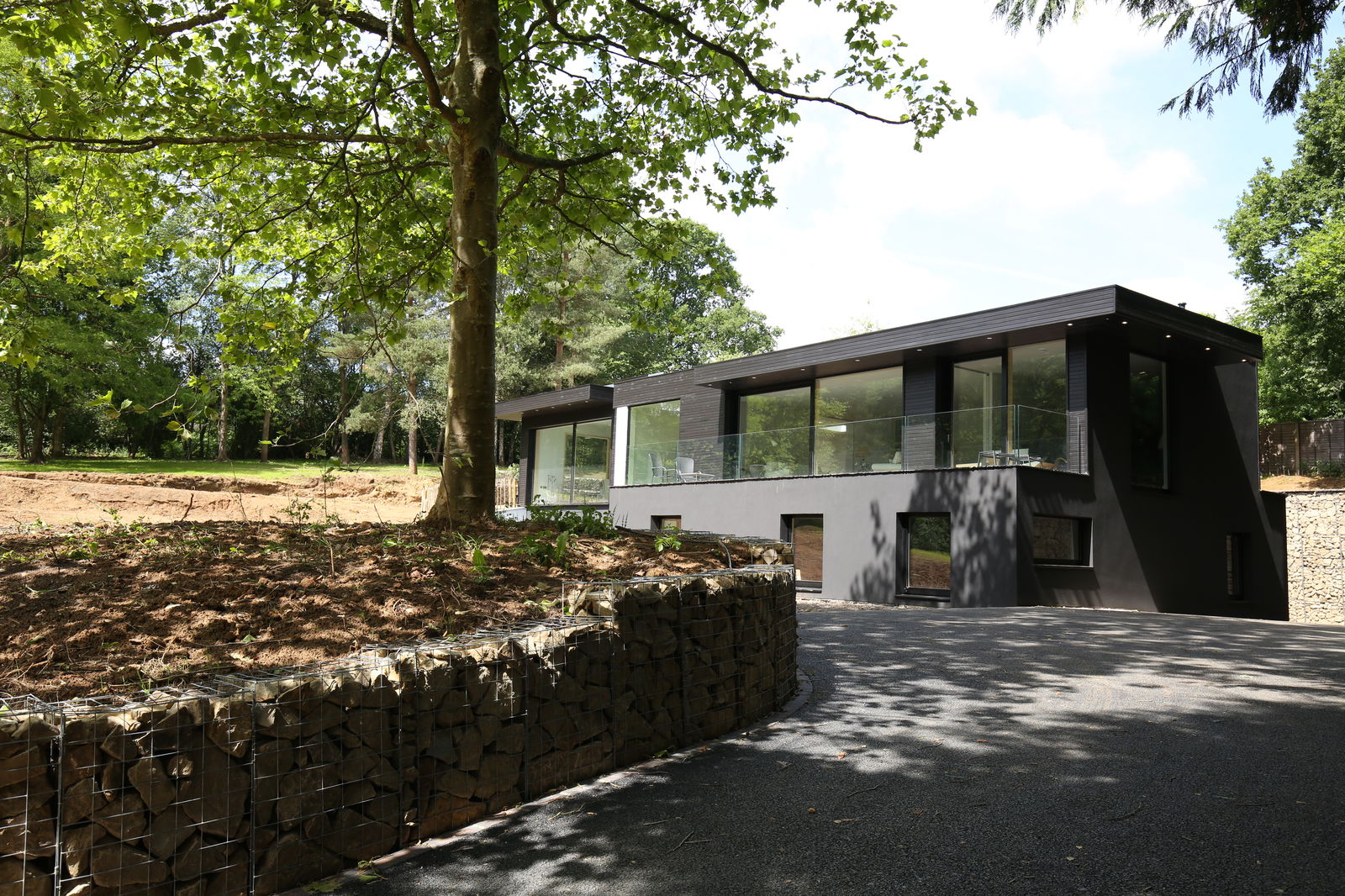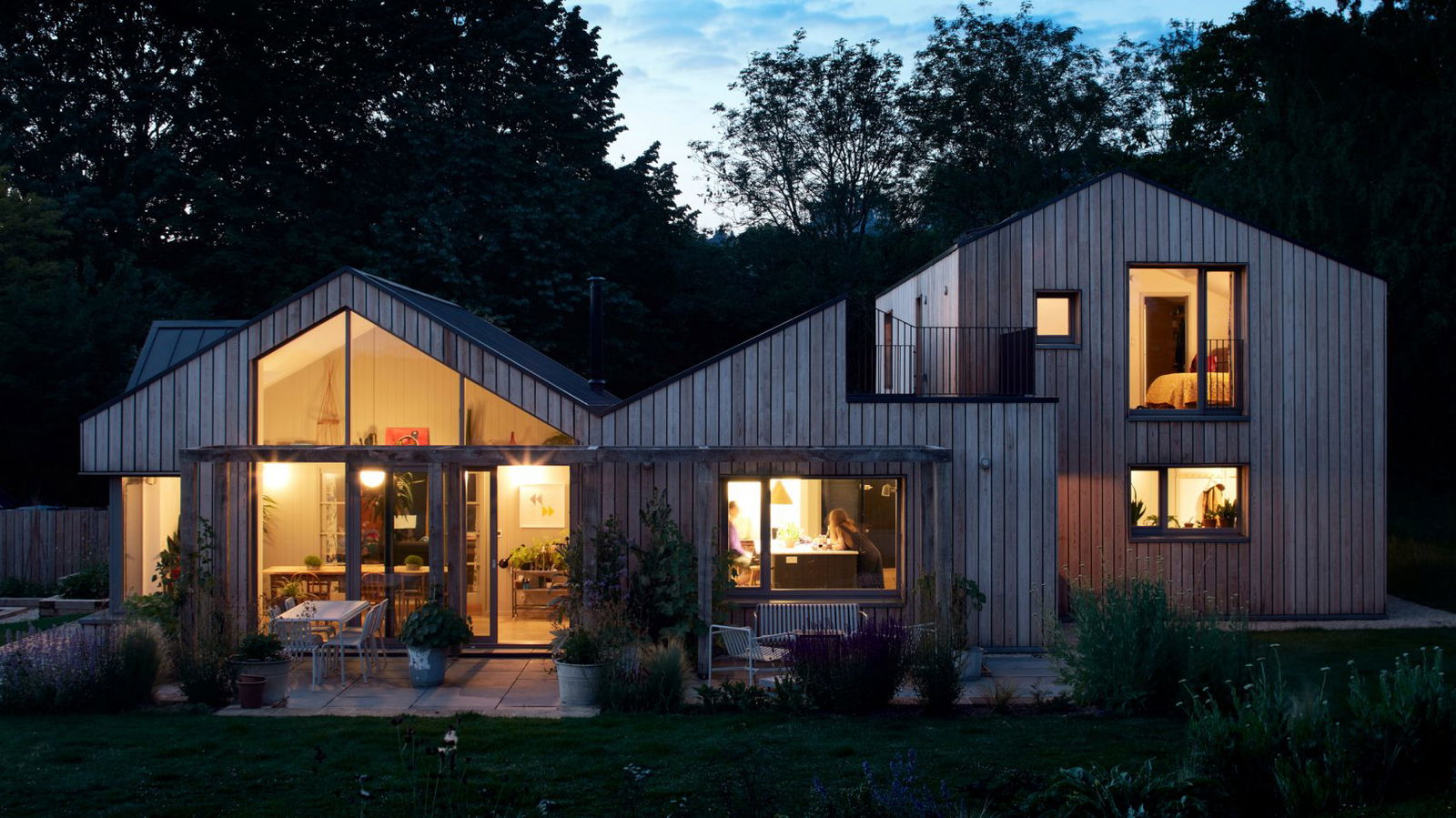UK Building Control: Your Guide to LABC
Navigating UK building regulations? Our guide explains LABC's role in plan approval, inspections, and issuing completion certificates. Discover the benefits of choosing LABC for your project.

Understanding Local Authority Building Control (LABC)
When it comes to ensuring that buildings are safe, energy-efficient, and legally compliant, Local Authority Building Control (LABC) plays a crucial role. Whether you are a homeowner planning a renovation or a developer working on a large project, understanding how LABC works can save you time, money, and unnecessary stress.
What is Local Authority Building Control (LABC)?
Local Authority Building Control (LABC) is a network of local authority building control teams across England and Wales. It exists to ensure that building projects meet the required safety, energy efficiency, accessibility, and structural standards. LABC is a public service, providing independent, impartial oversight of building standards.
How LABC Works
1. Plan Submission and Approval
Homeowners, developers, or architects submit building plans to the local council's building control team (LABC).
These plans are reviewed for compliance with Building Regulations, covering safety, energy efficiency, and accessibility.
2. Site Inspections
LABC conducts on-site inspections at key stages of construction, such as foundation laying, structural works, insulation, and fire safety measures.
Types of Checks During Inspections: These may include:
- Structural stability (foundations, walls, and roofs).
- Fire safety (fire doors, smoke detectors, escape routes).
- Insulation and energy efficiency (wall, floor, roof insulation).
- Electrical safety (wiring, circuit protection).
- Accessibility (ramps, door widths, handrails).
3. Completion Certificate
Once the project meets all regulatory standards, LABC issues a completion certificate.
This certificate is an essential document for homeowners, especially when selling the property.
Why Choose LABC Over Private Building Control?
- Impartiality: LABC is a public sector body, providing unbiased assessments.
- Local Expertise: LABC teams are part of local councils, bringing regional knowledge.
- Wide Network: LABC operates nationally, allowing consistent standards across regions.
Key Areas Covered by LABC
- Structural Safety: Foundations, walls, roofs.
- Fire Safety: Escape routes, fire-resistant materials.
- Energy Efficiency: Insulation, glazing, heating systems.
- Energy Efficiency Measures: LABC focuses on ensuring proper insulation, double or triple glazing, and energy-efficient heating systems.
- Accessibility: Disabled access, stair design.
- Sound Insulation: Particularly for multi-unit buildings.
LABC Services for Homeowners
- New build and extension approval.
- Loft conversion and renovation guidance.
- Energy efficiency advice.
- Certification for completed projects.
Conclusion
Local Authority Building Control (LABC) is an essential service that ensures building projects are completed safely, efficiently, and in compliance with regulations. Whether you are a homeowner, architect, or developer, choosing LABC can provide peace of mind, ensuring that your project meets all the necessary standards.
Related Blogs
Working closely with architects, builders, and homeowners, we’ve delivered systems that combine thermal efficiency, modern aesthetics, and long-term durability—across private residences, sustainable developments, and architect-led designs.
Whether you’re building a contemporary home or restoring a rural property, choosing sustainable timber windows and doors makes sense—both for you and the planet.







